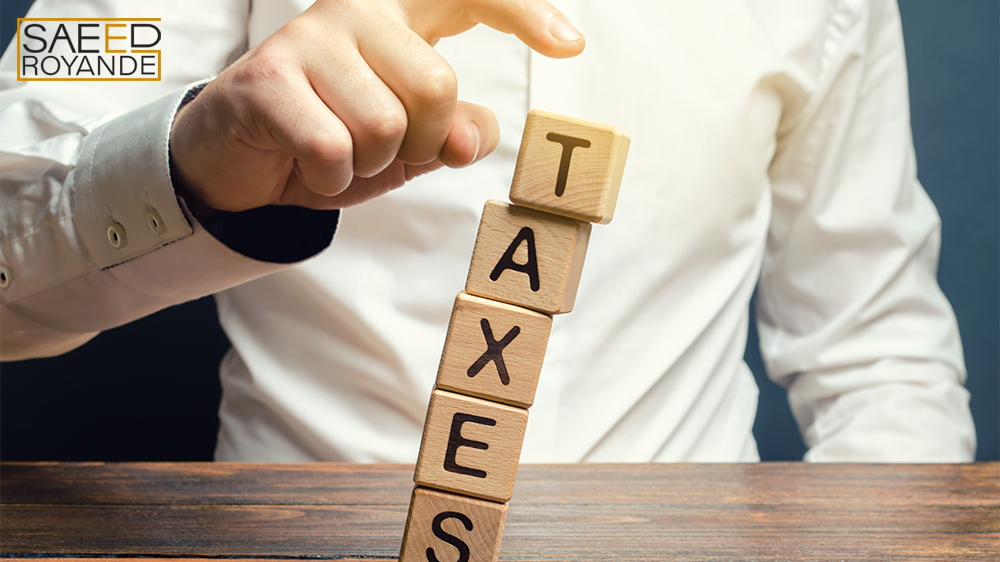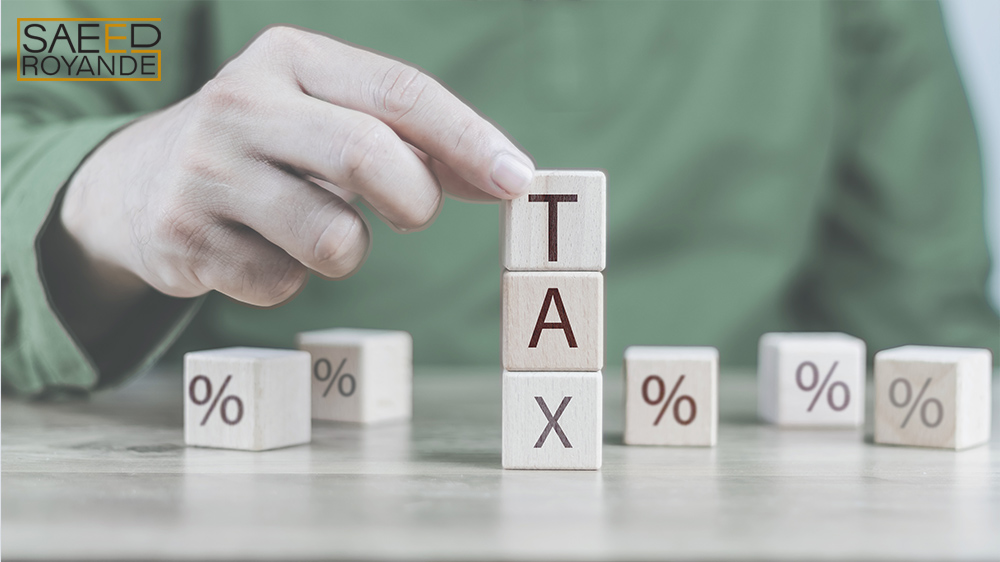When it comes to economics, taxation is right up there as one of the most crucial and divisive issues. The amount and growth of economic activity, as well as the distribution of resources and income, are all impacted by taxation policies. However, there are many trade-offs and obstacles to overcome while developing an ideal tax system. Let’s explore some of the tax and taxation issues that hamper progress in the economy.
Taxation and Economic Growth
The term “economic growth” refers to an increase in both the amount and quality of a country’s output through time. Common metrics include the rate of increase in real gross domestic product (GDP) per capita after adjusting for both inflation and population shifts. To fund the military, education, healthcare, infrastructure, and other public goods and services, the government collects taxes from its citizens. Saving and investment, human capital, innovation and entrepreneurship, public goods and services, etc. are all routes via which taxation can affect economic growth. Income, consumption, property, and other forms of taxation all affect economic growth in unique ways, but they share few common features. The neoclassical growth model, the endogenous growth model, the optimal taxation theory, etc., are only a few of the many theories and models that examine the connection between taxation and economic growth.

Tax words on palm hands against the tax forms
Empirical Evidence on the Effects of Taxation on Economic Growth
The effect of taxation on economic growth has been the subject of several empirical studies, which employ a wide variety of methodologies, data sources, and indicators to draw comparisons across nations and through time. The empirical research has uncovered several important conclusions, including:
- While higher tax burdens tend to slow economic growth, the amount and impact of this link varies widely across countries, tax regimes, public spending priorities, and institutional and economic settings.
- Economic growth is influenced by tax structure. Because they skew incentives for saving, investment, innovation, and entrepreneurship, taxes on income, especially corporate income, tend to have more negative effects on economic growth than taxes on consumption or property.
- Economic growth is also dependent on a tax system that is both effective and fair. Reduced tax evasion, compliance costs, and administrative responsibilities are only a few of how a tax system that is free of distortions, exemptions, and loopholes and that ensures a broad tax base and a fair distribution of the tax burden can boost economic growth.
- For economic growth, it is also important to consider how taxation interacts with other policies and external forces. The effects of taxation on governmental spending, debt, fiscal stability, FDI, trade openness, human capital, etc. are all examples of ways in which taxation can influence economic growth.
The barriers entrepreneurs face in different tax regimes
Despite their key role in driving innovation and economic growth, entrepreneurs encounter significant obstacles when expanding their operations internationally. The most significant obstacles include:
- Currency exchange: as with any business, an entrepreneur’s budget and plans are vulnerable to the possibility of adverse currency swings. They need to know how currencies function and partner with a trustworthy currency exchange company.
- Regulation: Laws and regulations vary from country to country, and business owners must learn and follow these rules. To make sure they’re following all the rules, business owners need to consult an expert.
- Taxation: is a major concern because business owners may be required to pay taxes in multiple nations. They should choose an accountant or tax counselor who is familiar with the tax laws and regulations of the country in which they are conducting business.
- Financing: Entrepreneurs have to find sources of capital to finance their growth, which can be challenging in some countries. Taxation: Different countries have different tax regimes, which can create advantages or disadvantages for entrepreneurs depending on their income level, source of finance, and type of business.
- Culture: Entrepreneurs may need to modify their approach to marketing, negotiations, and communication when working in a foreign country. They should make an effort to familiarize themselves with and appreciate the local traditions.

Businessman removes wooden blocks with the word tax
How to Balance Efficiency, Equity, and Sustainability Objectives of Taxing
Governments face a challenging but crucial responsibility when trying to strike a balance between taxing for efficiency, equity, and sustainability. Therefore, governments should craft tax policies that serve several purposes simultaneously.
Efficient Taxing policies
Efficient tax policies are those that keep economic distortions and expenses to a minimum. Taxes, for instance, may have an impact on how much people and businesses decide to labor, save, invest, consume, and generate, among other things. The distribution of resources throughout industries and pursuits is another factor that taxes can influence.
Equity in Taxing
Tax equity refers to how fairly different segments of society share in the benefits and burdens of taxation. Taxes, for instance, may have an impact on such things as the distribution of income and wealth, the availability of public services, and the prospects for upward mobility. As a result, fair tax policies should work to guarantee that everyone pays their fair amount, that tax breaks go to those who truly need them, and that the various levels of government shoulder their fair share of the tax load.

E tax invoice concept
Sustainability of Taxing Policies
Sustainable tax policies are those that may be maintained indefinitely and which help a country meet its environmental and financial objectives. Taxes, for instance, can modify the incentives for things like energy efficiency, carbon reduction, and the use of renewable resources. The reliability and sufficiency of public revenue to fulfill present and future spending needs may also be influenced by taxation policies.
Balancing the taxing policies
To strike a good balance, governments must take into account the complementarities and conflicts among these goals. For instance, some taxes (like regressive consumption taxes) may be effective, but others (like large corporate income taxes) may be inefficient, unjust, or unfeasible. Progressive income taxes and environmental taxes are two examples of taxes that may serve several purposes. Because different taxes have diverse interactions and repercussions on different dimensions of well-being, governments should adopt a holistic and cohesive approach to tax policy design.


